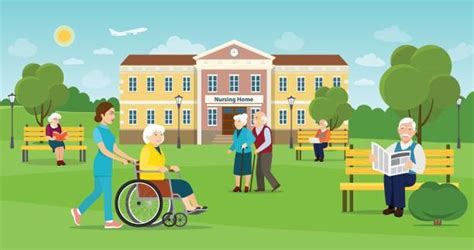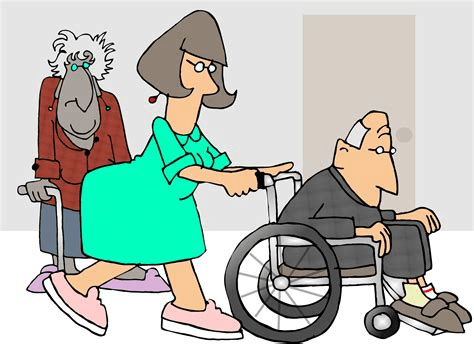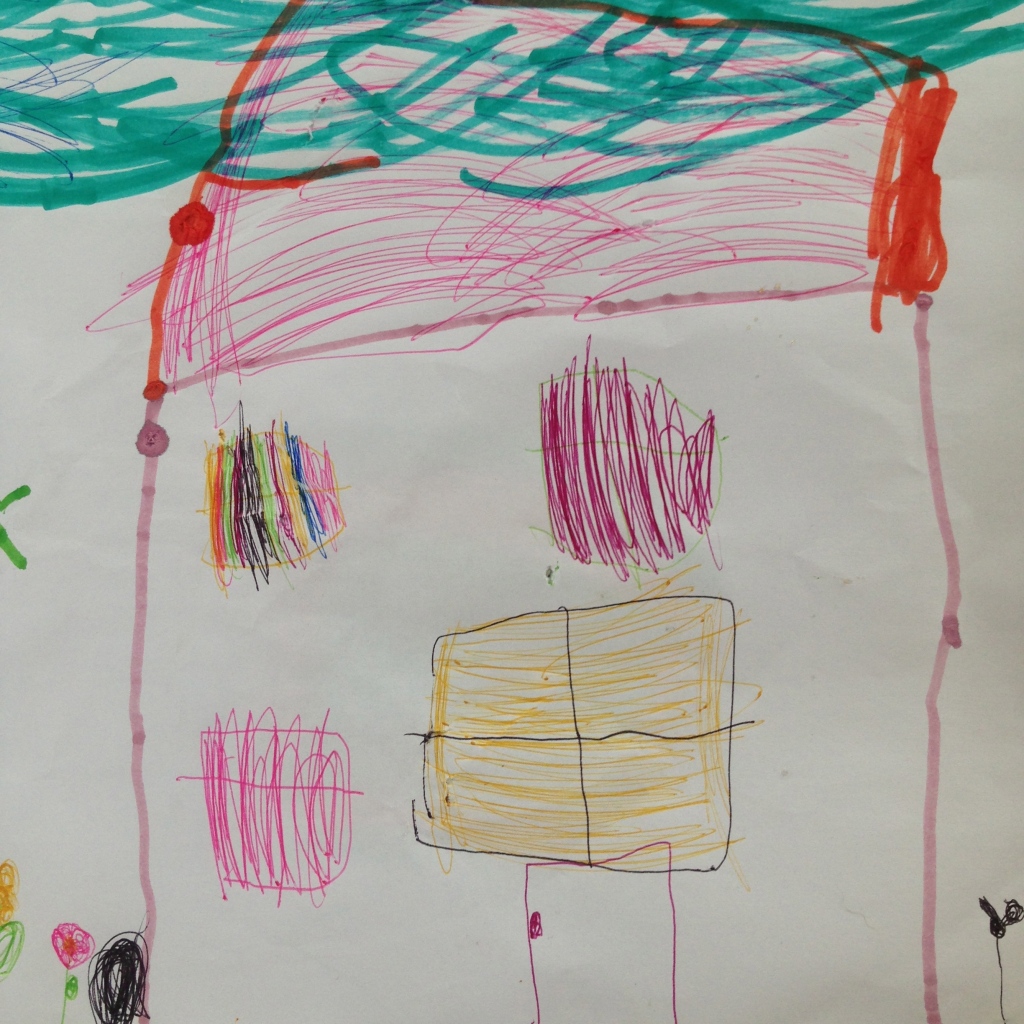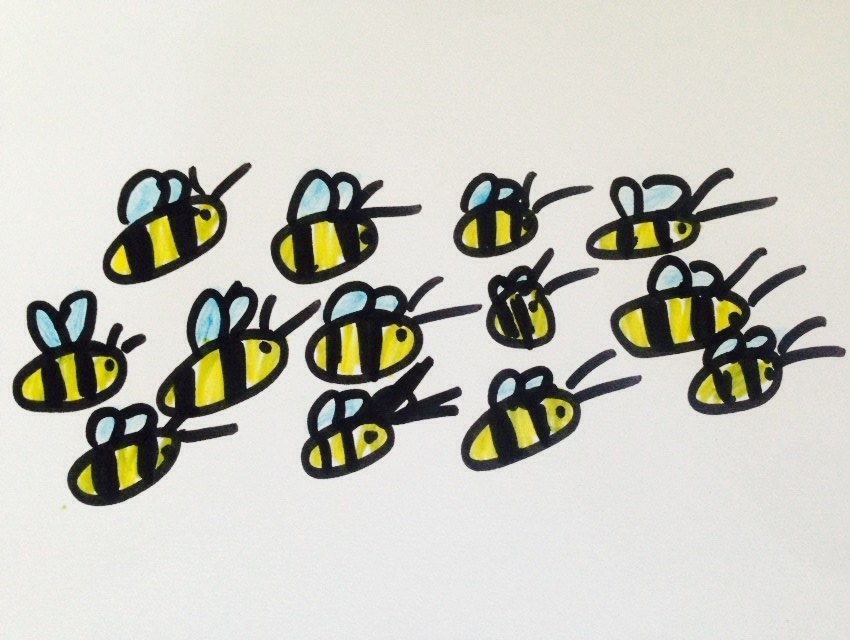For those who didn’t get around to reading last week’s post:
a) WTF are you playing at, reading them out of sequence, you crazy renegades?
b) You’ll have missed the fact that Mum has now moved to a care home and that we feel okayish about it because the home she has moved to appears to be most excellent and joyous and shall henceforth be referred to as Best Care Home (BCH) TM
Okay – I can’t be a hundred percent certain that BCH is the best care home in the world. I can’t even be certain that it’s the best in the county. But I can tell you that we have found a place that seems to tick all the boxes, a place where visitors and small children and pets are welcome, a place that feels like home. And to be honest, although it doesn’t detract from the weirdness of ‘putting your mother in a home‘ it does help enormously to know that Mum will spend her days somewhere full of warmth, compassion and happiness. So here are the things that leapt out at me as indicators of the good stuff. Your own list may be different, but I suspect that the principles are similar.
Good things to look out for
- Animals and Children – On our first walk around BCH we met one of the resident cats (curled up on a chair in the sunshine as all cats should be) and the resident dog (small, calm, and good at staying out of the way of shuffling feet – It’s a bloody good thing they don’t have a massive pony of a dog like ours because she’d have taken out a couple of old ladies’ hips simply by turning around in a confined space). Both enjoyed being petted and both made BCH instantly homely. I know of other care homes where they have chickens, ducks, and some with even larger livestock. Clearly it depends on the rurality of the setting, and I’m not entirely sure how they would manage someone with significant allergies, but I think a home where animals are present is a good sign. Similarly, a care home where small children are welcome is a massive bonus. At BCH grandchildren are actively encouraged to visit, there are strong links with the local school, and BCH staff are able to bring in their own children on days when childcare might be an issue. Melissa, the manager, told us that many of the staff have children who have grown used to spending time at BCH over the years, and now, even though they are in their late teens and twenties, they still return to help out with basic maintenance and gardening, or driving the residents to hospital appointments.
- Visitors – The visiting policy is entirely flexible (once all COVID restrictions disappear). Friends and family are allowed to visit whenever and stay for as long as they like – there are no restrictions on number of guests or the frequency of visits. Three days after Mum had arrived at the home, I visited with my two eldest children and we were made very welcome. We sat out in the sunny courtyard with Mum, my daughter immediately located the three-legged cat who sat on her lap for the duration of the visit, my son toured the garden a couple of times and gave his verdict as ‘nice’ and then we all went and had a nose at Mum’s room which was light and airy with an armchair in the garden-facing bay window. We stayed for half an hour – I’m not sure that Mum registered our presence, but it didn’t really matter, it was nice just to sit peacefully in the garden with her.
- Small and perfectly formed – This may not be true for everyone, but I wanted somewhere that felt cosy, where the number of residents was small enough to feel like a family. The added advantage with a small number of residents is that the staff ratios are usually better, and the staff are much more likely to know each resident’s little foibles. The disadvantage of a small home is that spaces come up infrequently (a dead man’s shoes situation) and that they are less robust in terms of the financial climate. Small homes, like small GP practices, village schools and shops, are all struggling to keep afloat and they do not have the economies of scale that a larger institution would have. So, you may find the perfect place only to have it close down and turf Granny out on the street. You know me – always looking on the bright side.
- Links with local community – BCH is situated at the end of a village lane, right next to the church and in the heart of the countryside. There are visits to and from the local school for carol concerts and fetes, and sometimes spontaneous visits to the farm at the other end of the lane to see the animals. A friend who grew up in the village says that she remembers BCH from her childhood and recalls how she would often see residents out for walks or sat in the gardens. She says it has always seemed more like a family home than an institution. Another friend runs a care agency, and she says that BCH has the best reputation locally. All of this is anecdotal, but it adds to the reassuring picture.
- Low staff turnover – All the staff are local, living either in the village or nearby and all can be called upon in case of emergency. In fact, Melissa physically moved into the home for a period of months during the early days of the pandemic. Some families in the village have three generations employed at BCH and people seem to enjoy working there because their rate of staff turnover is so low. The home has never had to rely on bank staff or locums and as a result every member of staff knows every resident as well as (perhaps better than) their own families.
- EMI – For those of a certain age this does not refer to the record company but the name of care homes who catered primarily for those with dementia. Nowadays you have a simple binary choice between residential or nursing care but previously there was a third option of EMI which stood for Elderly and Mentally Infirm. It basically meant a home for people with deteriorating cognition. BCH used to be an EMI home and as a result they are absolute experts in dementia care – they’re all over it. They know exactly what they are doing and have years of experience dealing with people whose behaviour might prove challenging in other settings.
- Low rates of admission to hospital – As a GP this is a really useful marker – a care home should have the primary aim of caring for people at home, as the name suggests. Having a resident hanging around for hours in a packed A&E, distressed and confused, should be seen as a poor outcome – unless an admission to hospital is completely necessary and would potentially be of benefit, for example to treat a reversible condition like a possible hip fracture. Good links with the local GP services (a regular face to face ward round and a direct phone line to the surgery are both excellent signs) and the community nursing team are critical, but the main determining factor in keeping people out of hospital comes from the ethos of the home itself. Resisting the urge to simply hand over responsibility for every sneeze to the paramedics or the hospital requires competent and confident staff who know their residents and are able to make the right judgement call.
- Experience and understanding of good end of life care – My sister said that she could see my face when Melissa told us she works in a hospice one day a week, and knew I was instantly sold – I honestly cannot think of a better indicator than this. Some homes I have seen as a GP have been woefully underprepared for end of life care and have responded with a knee jerk emergency admission to hospital for anyone looking as though they were in danger of shuffling off their mortal coil, irrespective of their wishes. As I mention above, hospital is primarily a place for treating urgent and reversible illness, it should not be a place where people are sent to die just because the care home staff are unable to deal with them in their final hours.
- Relaxed and a bit chaotic – as a home should be – BCH is not clinical or sterile. There are carpets on the floors and pictures on the walls, there are old wooden beams in the snug sitting room and a stable door half open to the office – the place has the feel of Christmas Day where the whole family has come to stay, just after everyone’s finished their dinner and is dozing in front of the fire, other than Uncle Barney who’s had a bit too much sherry and is now laughing merrily to himself and swearing in the corridor (there actually was a chap doing this on our first visit).
Tips for coping
Having reached the decision to move Mum into residential care and having found the perfect place for her to live, might lead you to believe that the transition from ‘Mum at home’ to ‘Mum in care home’ was an easy one to manage. It wasn’t. The day loomed large and the finality of it all was at times overwhelming. Significant events and peaks of emotion have been infrequent on our dementia journey – as I’ve mentioned before, it’s been more of a slow insidious decline and acceptance of loss – but there have been key points along the way, suprise punches to the gut that leave you reeling. The decision to stop Mum driving, the decision to stop her looking after the grandchildren, the move to downstairs living, the first use of incontinence pants, the addition of home carers, the weekends in respite, all these moments have been critical. But the permanent move to residential care is the single most important decision we have ever taken, and one of Mum’s most major life changes, made on her behalf but without her consent – because she was unable to offer it. It is an enormous thing to decide for somebody else and we were often assailed by waves of guilt and fresh bouts of grief. It was another little bereavement to add to the list. For anyone else facing this dilemma I can offer few words of wisdom but I can share the things that we did to make the process easier.
- Treat the move as temporary (in your head) – Mum had often been to care homes for short periods of respite and psychologically it was easier to think of the final move as another transient stay (one that simply continued until it became permanent).
- Think of things you can still do with your loved one outside the care home. Dad had already told the hairdresser that we wouldn’t be bringing Mum back to see her again as she was moving into residential care, but after a discussion we realised that there was no reason why he couldn’t collect Mum from BCH and take her to have her hair done at the usual salon after all. In fact, there was nothing to stop him taking her to all the places he used to – Sunday lunch with the grandchildren, trips around the village in the wheelchair, dropping into my house for a cup of tea. The move to a care home needn’t feel like incarceration – they aren’t prisons, and you are allowed out from time to time – if you’re good.
- In the week of the move make sure you have the right balance of things to keep you occupied / distracted and enough time to quietly process the loss. Like any bereavement this will vary from person to person. My sister and I offered Dad various activities and visits but there were no three-line whips and no sense of obligation. We knew that he would need time to grieve.
- Equally, make sure that there isn’t too big a gap between the person entering the home and you going to visit. You don’t want to feel that it’s an insurmountable obstacle.
- Go and visit – it’s not as bad as you think.










![IMG_1453[1]](https://mumhasdementia.com/wp-content/uploads/2019/12/img_14531-e1577783962403.jpg)
![IMG_1460[1]](https://mumhasdementia.com/wp-content/uploads/2019/12/img_14601-e1577784022513.jpg)


